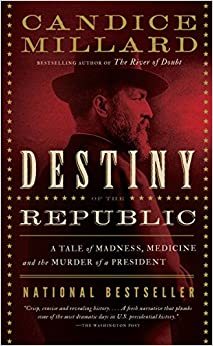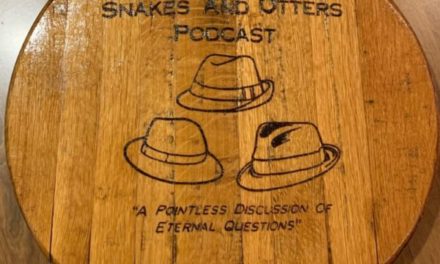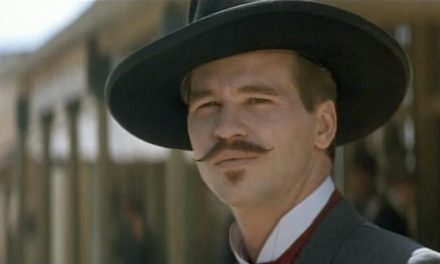Hello Otterites!
Been busy catching up on my reading over my Christmas vacation (when I wasn’t sledding with Cousin Eddie) and really enjoyed Candace Millard’s Destiny of the Republic. It is the story of the assassination of James A. Garfield.
Garfield’s life, presidency and death are pretty fascinating. Millard’s narrative gives a brief but informative portrait of Garfield and also of Guiteau the assassin, Dr. Bliss who treated Garfield, and of Alexander Graham Bell who hoped to help in the treatment of the fallen president through an invention that was essentially a metal detector. The factions of the 1870s and 1880s, the Half Breeds and Stalwarts, are also front and center here.
Dr. Bliss’ actions come under the most scrutiny, as without any real authorization or direction from the Garfield family he took over Garfield’s care and froze out other doctors. Essentially he wanted to be seen as having saved the President single handedly, attaining glory and fame for the rest of his life. Really the opposite happened. He probably should have been hung along with Guiteau. American doctors of the time disdained anyone who suggested patients should be treated in antiseptic conditions. Germs? Bacteria? Why that’s crazy talk. There’s no such things as little organisms we can’t see that cause disease!
Old Martin here strongly recommends Destiny of the Republic. Millard successfully weaves threads of scientific discovery, American optimism, and political factionalism. The other villain of the story besides Bliss, Roscoe Conkling, seems even in this grounded, truthful portrayal as a cartoon baddie. He was just that scummy. If Millard had told an anecdote of Conking tying a widow to train tracks like Snidely Whiplash you would have to believe it. The transformation of Conking butt-boy Arthur into a reforming accidental president is pretty amazing.
Sad part of the whole episode is that Garfield is the type of person we all want to be president. Affable, intelligent, kind, honest and humble. He didn’t campaign for the nomination but was so well respected that even one of the defeated rivals, James G. Blaine, considered him a close friend and was there as Secretary of State when Garfield was shot. Garfield had been a strong advocate not only for abolition and emancipation, but he also promoted full political rights for the freedmen after the war. Course idealism and affability have a way of going down the drain during the pressures of a full presidency, but a full 4 or 8 year Garfield administration could have accomplished much. In death though, he became a martyr for civil service reform, who the former spoils system beneficiary Arthur would sign into law.





